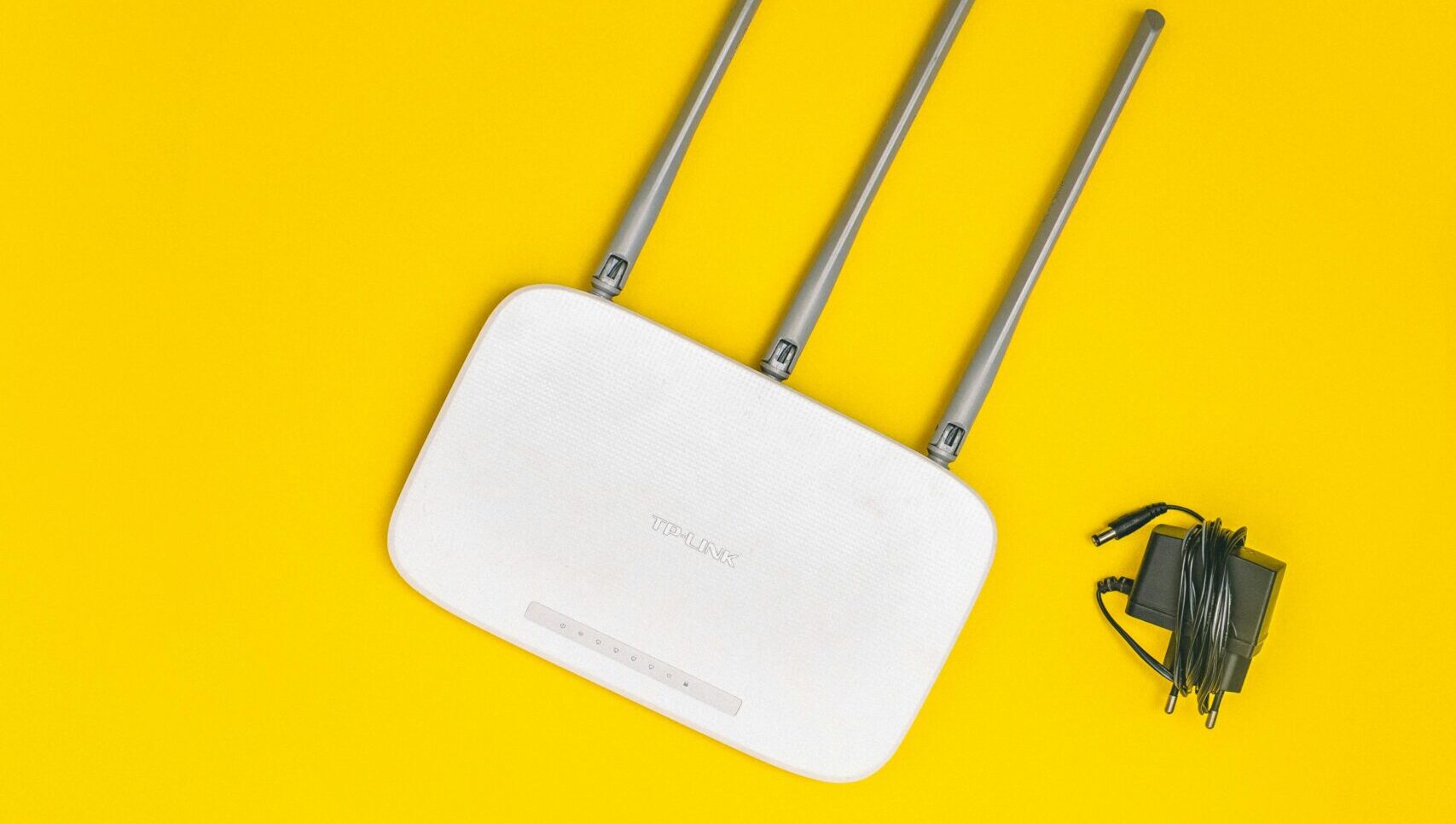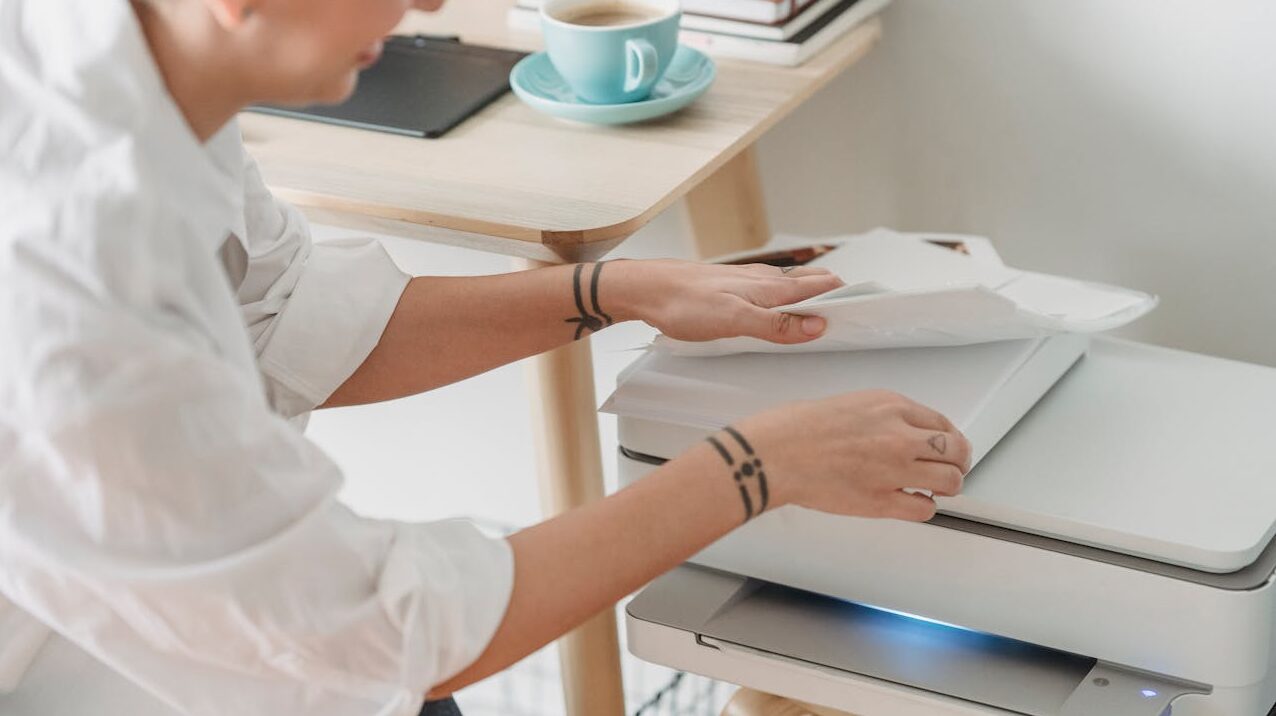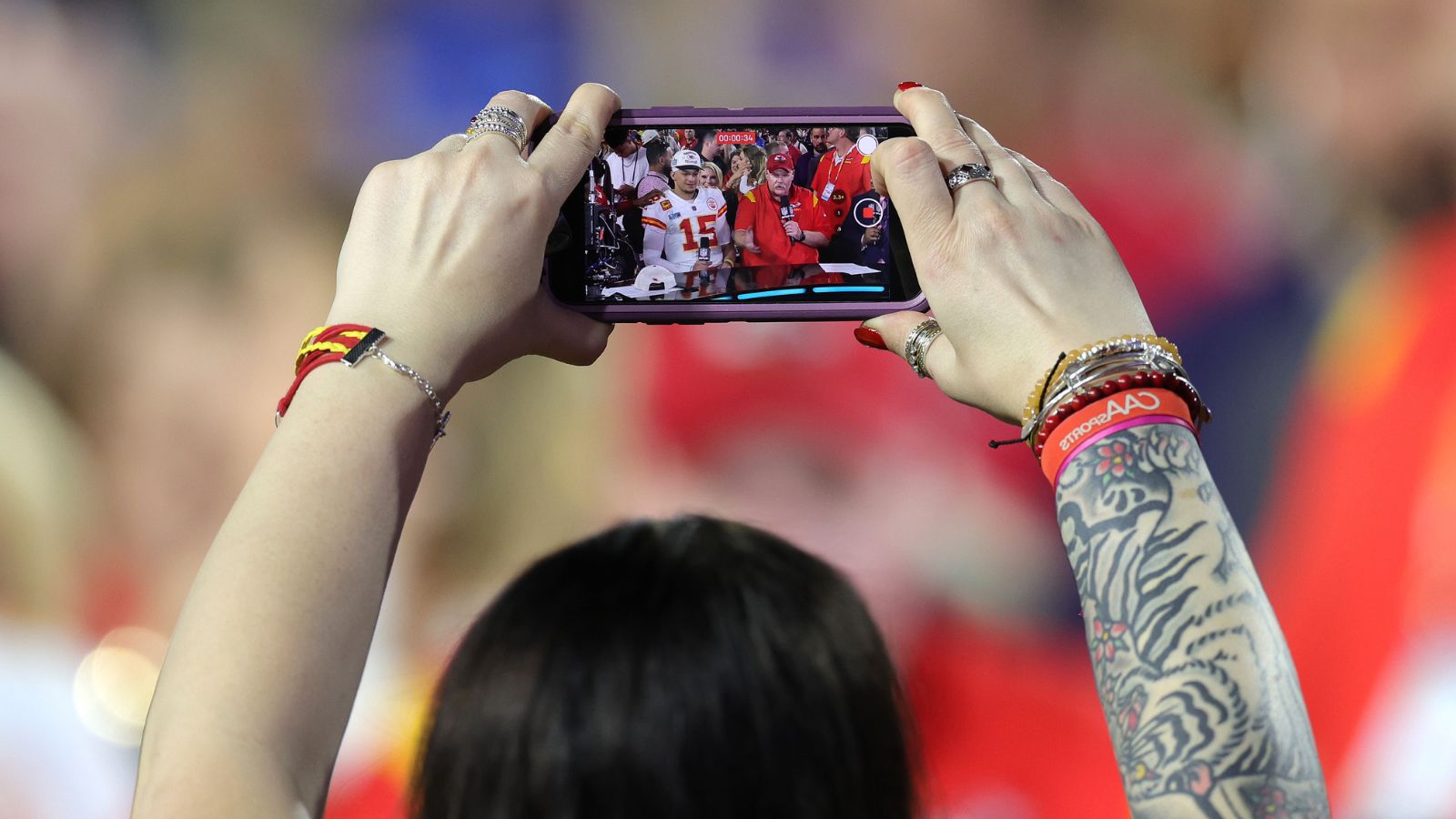Should I use VPN or public Wi-Fi?
Mar 11, 2013, 6:52 PM | Updated: 6:52 pm
Is a VPN the safest way to use an unsecured (public) Wi-Fi connection? Are there other ways to stay safe? Are there any free VPNs out there for personal use? – Kevin
By now, most everyone has heard about the dangers of using public Wi-Fi connections for accessing sensitive information or websites.
I’ll start by explaining the actual dangers and then the various methods of reducing your chances of being victimized.
Open Wi-Fi connections are called “open” because they allow anyone to connect to them without a username or password. The “anyone” can include those with malicious intent that can setup on these open networks to “sniff” unsecured bits of data (called packets) while it looks like they are sipping their coffee and posting to Facebook.
Unsecured transmissions when you are looking at the latest sports scores on ESPN.com or watching a YouTube video isn’t a big deal, because there isn’t anything sensitive in those transactions.
If, however, you are accessing your bank account, logging into your e-mail account or other sensitive transactions, you want to make sure your browser is using “https:” which adds the secure socket layer (SSL) and encrypts the data between your computer and the website.
This doesn’t prevent another person connected to the open network from capturing your data packets, it just means that they have to take the additional steps to decode all the encrypted packets in order to even see what you were doing, which is generally too time consuming for an unknown outcome.
These days, websites that require a username and password will automatically serve your browser a secured page (https), so using a personal VPN isn’t as necessary as it once was.
VPNs (Virtual Private Networks) are really designed for connecting securely to a trusted remote network via an unsecured public network (the Internet) so that all transactions not just browsing are secured (e-mail, file transfers, etc.) They can also allow you to be anonymous or look like you’re connecting from another country, so you can access sites that are generally off limits to foreign users (like the BBC’s live Olympic video feed that we couldn’t access from the U.S.).
My suggestions for being safe on public Wi-Fi is to avoid doing anything sensitive whenever you connect to them altogether. For sensitive transmissions, use the e-mail client on your smartphone or use a smartphone app for your bank and always via your cellular provider’s network, not a public Wi-Fi connection.
If you have the ability to tether your computer or tablet to your smartphone’s cellular connection, that’s another way to avoid the on-going security risks imposed by using a public Wi-Fi connection. If you aren’t using the same connection as others, you can’t be exploited by them.
If you really feel the need to use a personal VPN service, you can try using the free version of AnchorFree’s HotSpot Shield if you don’t mind an ad banner being added to the top of your browser window. As with any program, it will add overhead to your computer so don’t install it if you are already experiencing performance issues and browser crashes or things could just get worse.
It’s also not uncommon to notice a speed difference when connecting via a VPN, so that might be another reason to stick to my previous suggestions instead.









